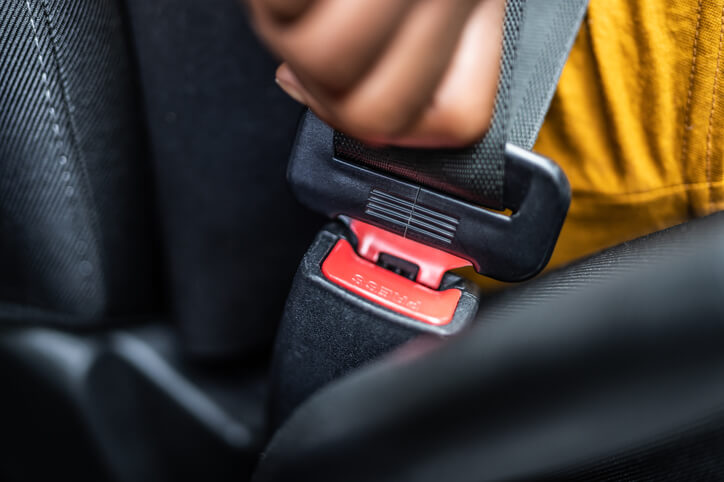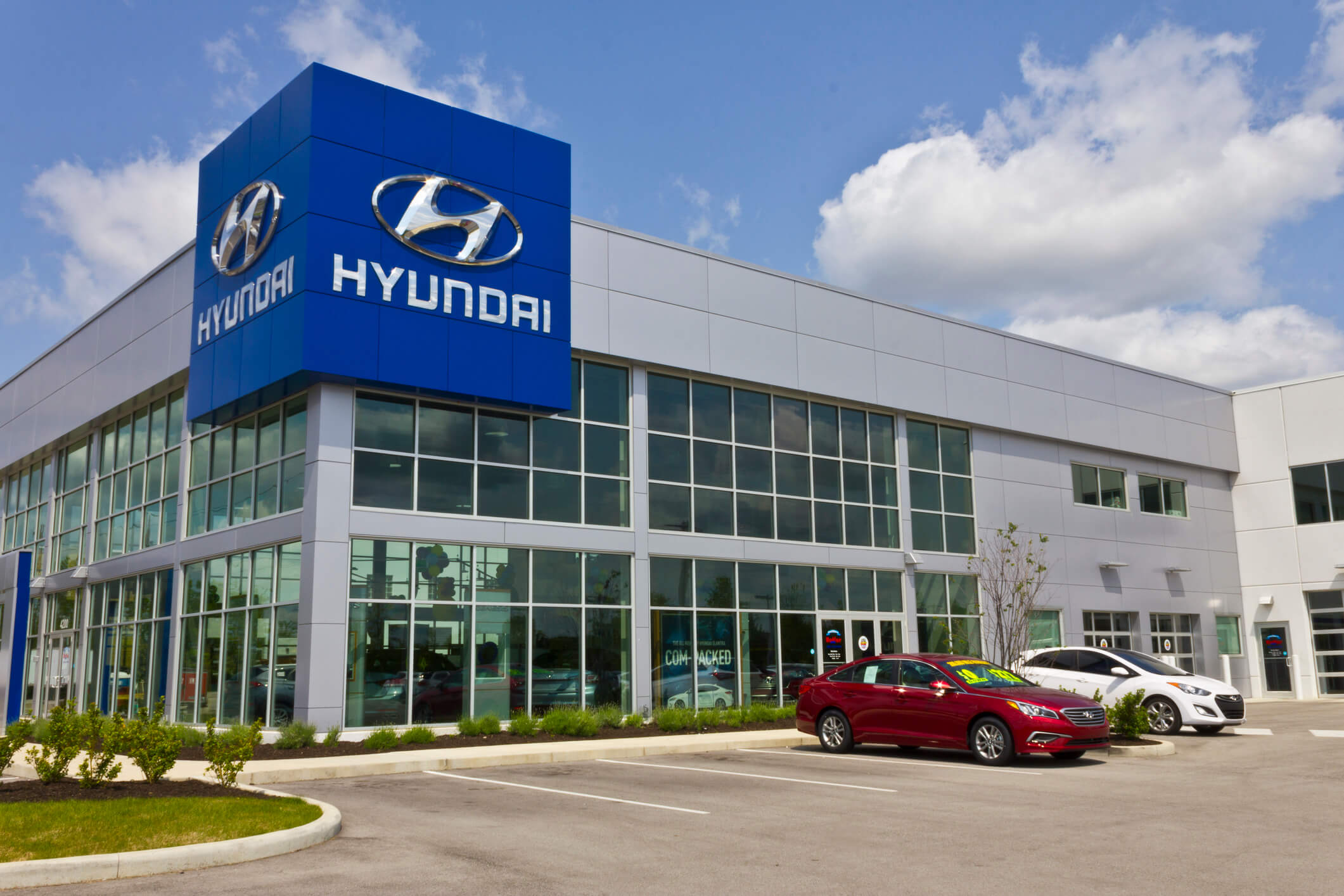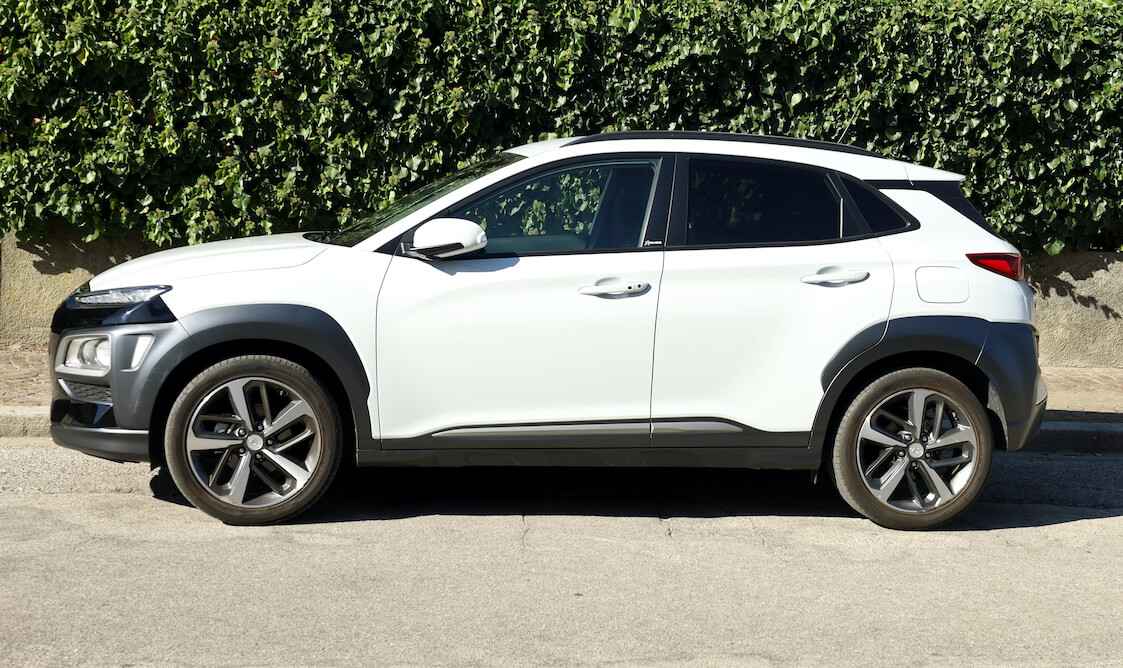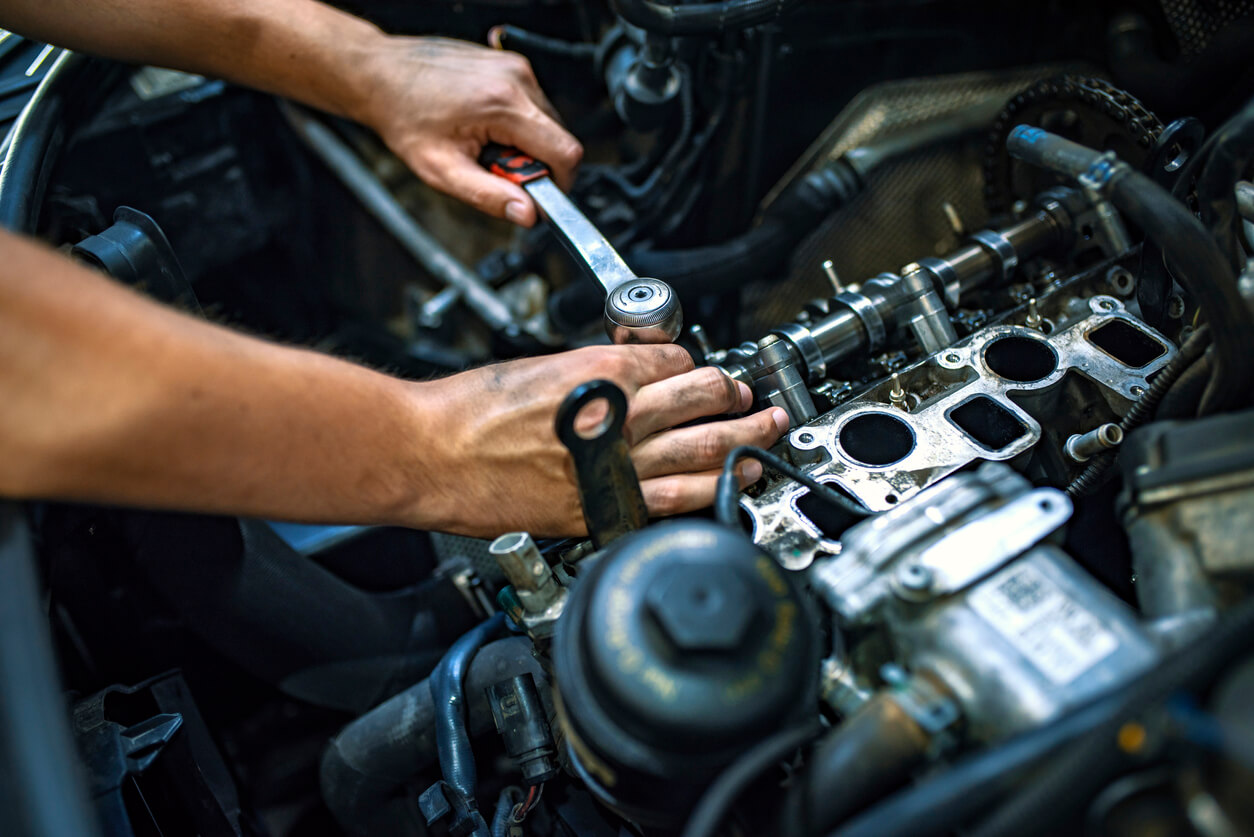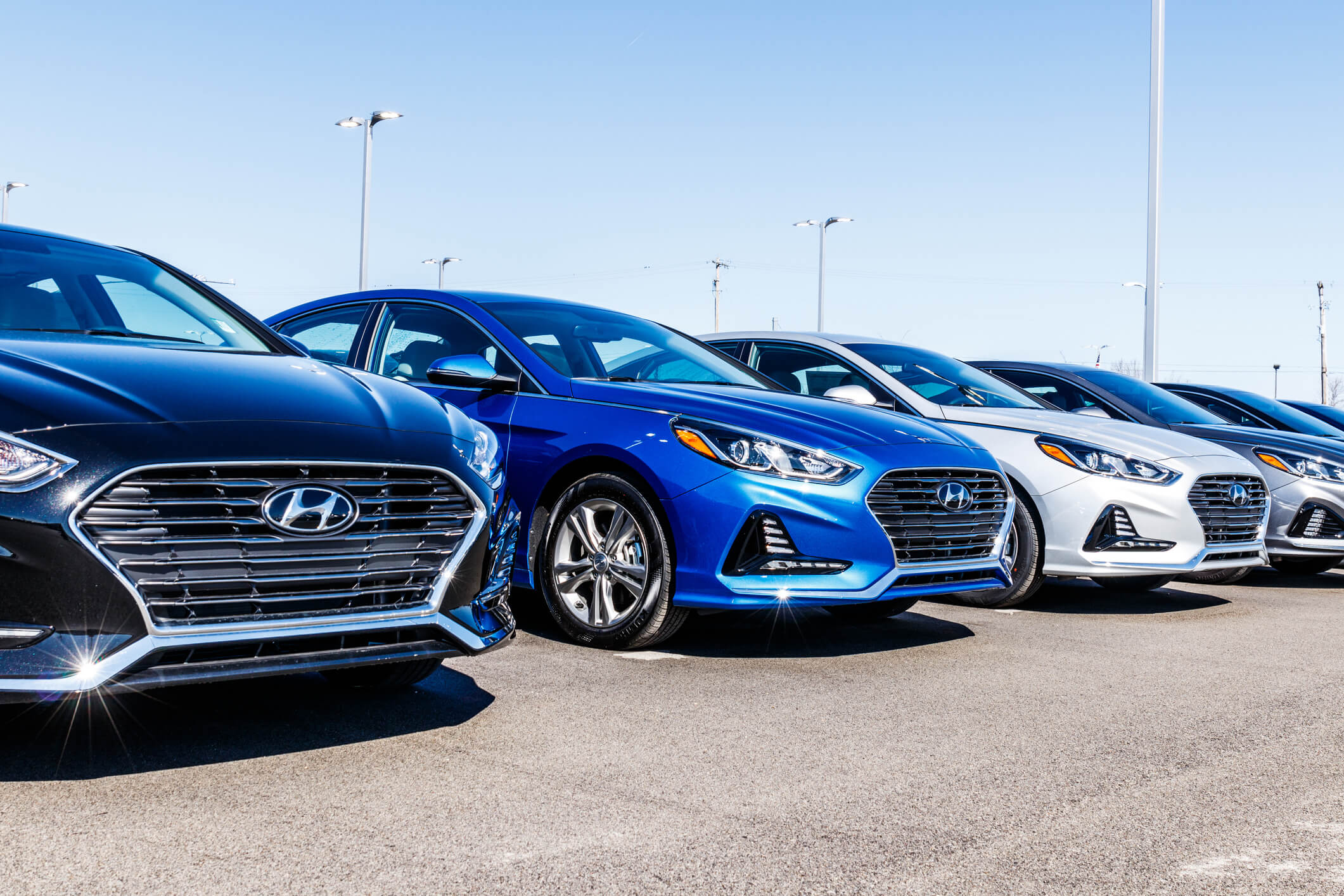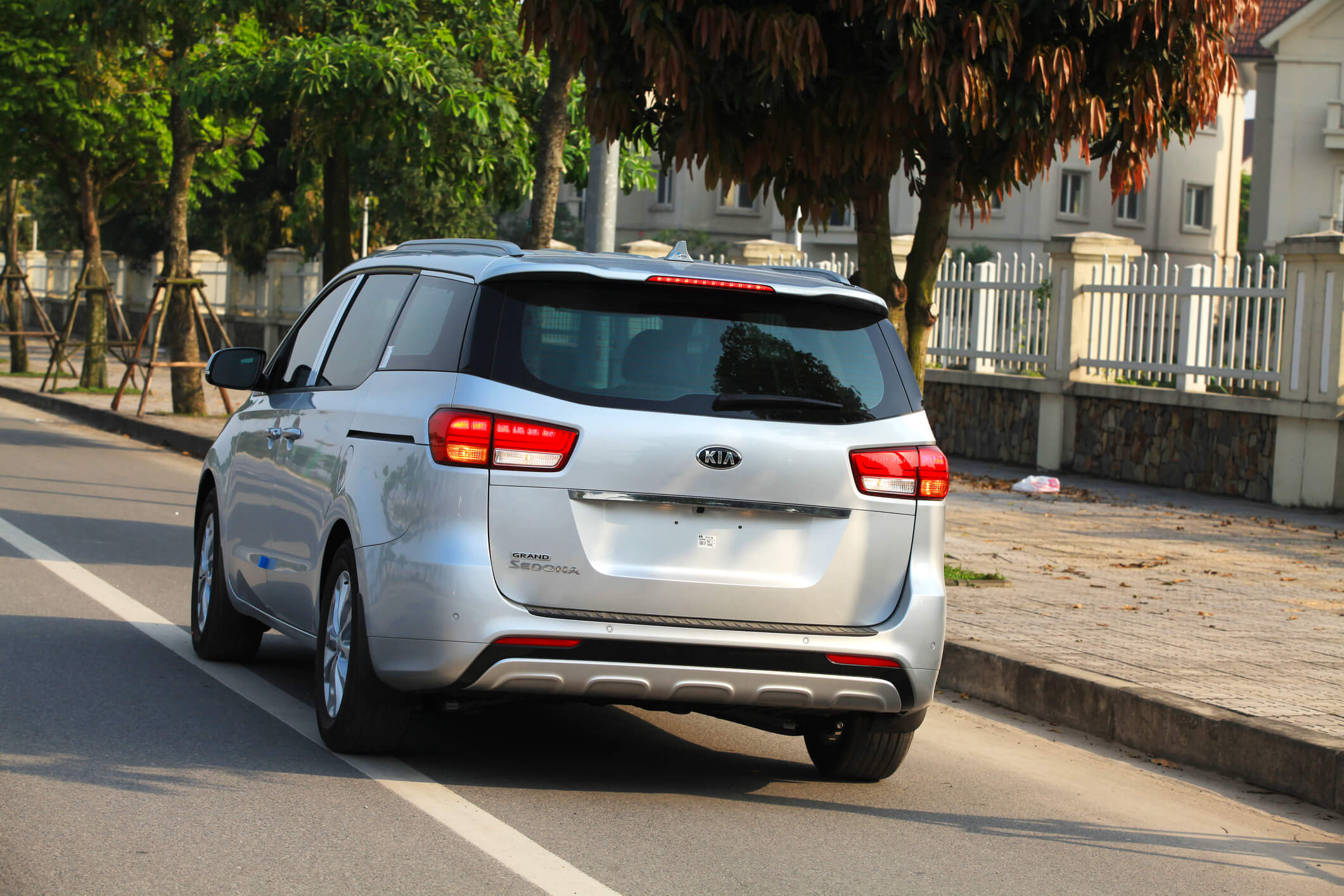Hyundai knowingly sold vehicles containing a defect that can cause a vital seat belt part to explode, a new class action lawsuit alleges.
Hyundai had issued a safety recall in May for around 239k vehicles over faulty seat belts which are designed to retract and tighten a seat belt the moment a crash happens, could explode and scatter metal fragments throughout the vehicle.
According to the lawsuit, the cause of the seat belt pretensioner problem remains unknown. The class action lawsuit alleges Hyundai has known of the seat belt pretensioner defect since at least September 2021, when it was informed by NHTSA of a crash involving a 2021 Elantra.
During the incident, the suit says, the driver-side seat belt pretensioner “deployed abnormally,” propelling metal fragments throughout the cabin and injuring a passenger’s leg.
“Defendants knew or should have known of the Seat Belt Defect much earlier due to pre-production testing, failure mode analysis, and reports to authorized dealers, repair centers, and complaints to the NHTSA,” the complaint charges. “Despite having knowledge of the exploding seat belt pretensioners, Hyundai concealed this information, delayed issuing a recall, and still to this day has not sent notification letters to owners of the defective vehicles.”
The Class Action Alleges “An inherent safety risk”
Hyundai promoted its vehicles as offering “untouched and elite” safety but the cars ultimately “have not lived up to their promise of being the best in safety.”
“Rather than ‘add[ing] ten years to [their] life,” the complaint says, “Plaintiffs and the Class are at an increased risk for crashes, severe injury, and death.”
As per class action, the pretensioner is part of a vehicle’s seat belt system and is responsible for locking the belt during a collision to keep the occupant in position.
The lawsuit alleges, seat belt pretensioner explodes abnormally during a crash and sends metal fragments throughout the vehicle compartment.
Affected Hyundai vehicles in the lawsuit
The Hyundai vehicle models allegedly equipped with defective seat belt pretensioners include:
- 2019-2022 Hyundai Accent;
- 2021-2023 Hyundai Elantra; and
- 2021-2022 Hyundai Elantra Hybrid.
Owners of affected vehicles can go to a dealership, where the seat belt pretensioners will be fitted with a cap at no cost. Vehicles that are no longer covered under a Hyundai warranty are eligible for repair. The automaker also will reimburse owners for out-of-pocket expenses they incur to get the defect fixed. Hyundai is expected to notify owners by July 15, NHTSA said.
Have Questions? Talk With Us Now
If you are an automobile owner and have manufacturing issues, you can contact us regarding your involvement in this or any potential class-action lawsuit. Serious vehicle problems require serious legal representation, especially when you are bringing a claim against a major automaker.
At the Lemon Firm, our experienced Attorneys have been able to successfully recover compensation for our clients who were sold a vehicle with manufacturer defects, and we can do the same for you. Call (833) Lemon-Firm to speak with a Lemon law expert today.
